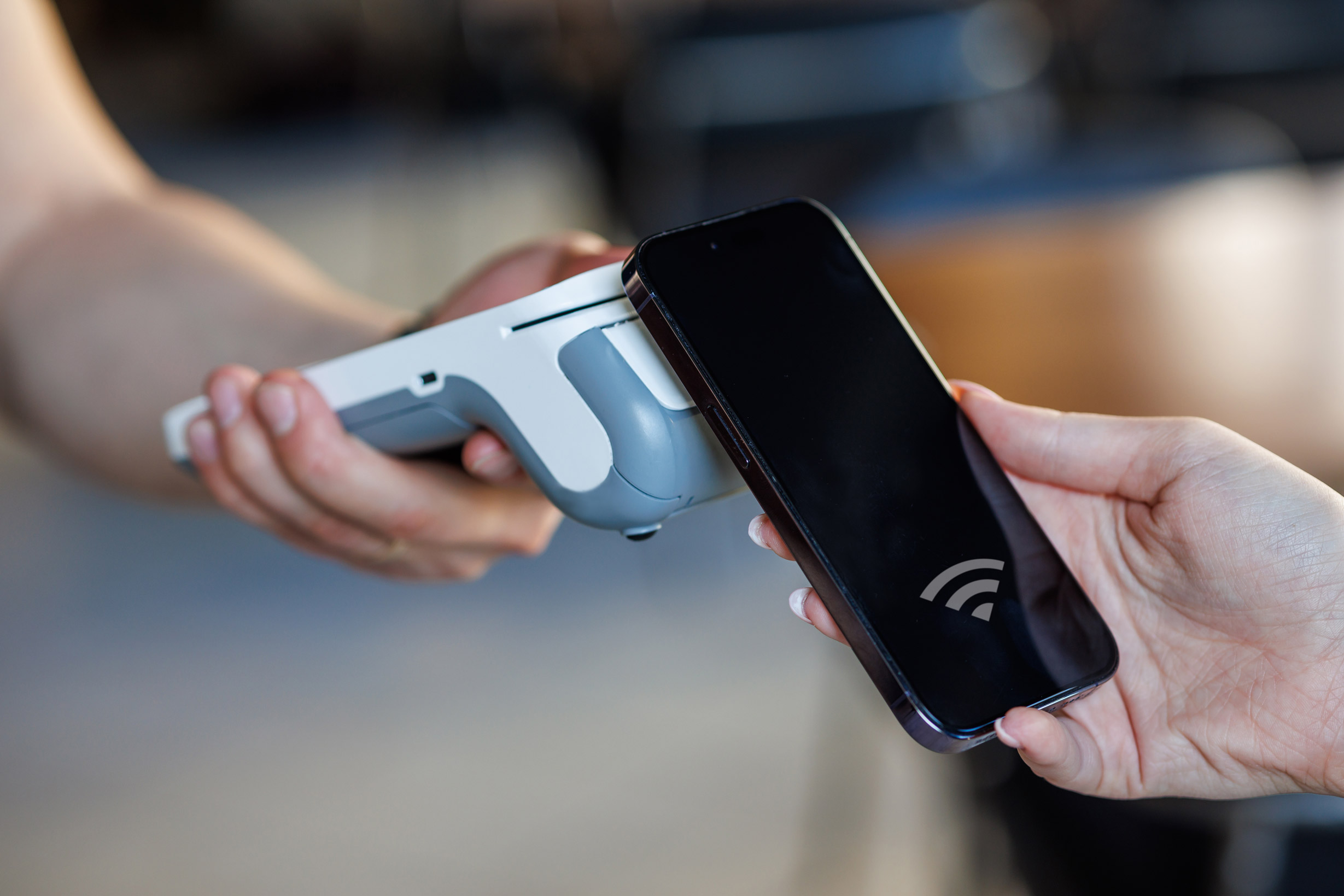Are you getting bombarded with email updates on seemingly endless November sales? Us too. We decided to get to the bottom of why Black Friday, a thoroughly American phenomenon, makes it over the pond in increasingly significant measures each year. But first…
What is Black Friday?
Boiled down to its very essence, Black Friday is the day after Thanksgiving, a US holiday that traditionally celebrated harvest. Thanksgiving lives on as an occasion for getting together with family and overindulging in seasonal treats – namely, turkey and pumpkin pie. Black Friday is the big day of retail sales the following day, a concept similar to the UK’s famous Boxing Day sales.
To go further into the historic details, Thanksgiving was always seen as the commercial beginning to the Christmas holiday season, but it wasn’t always on a Thursday: it used to be every 30th November. Not content with how late this sometimes meant the Christmas shopping rush would start, says Concordia University-Saint Paul, retailers got together and successfully lobbied Roosevelt for a date change in 1939. Subsequently, the length of the festive period was officially made longer in 1941 and so the day of post-Thanksgiving sales became a Friday every single year.
As for how that Friday picked up an adjective, theories abound. Does the day take its name from finance, with “black” referring to the holiday shopping taking business’ profits over the line and out of the red? Or was this celebration of all things capitalist baptised in mid-1960s Philadelphia? The story behind that last one is that it was a police force frustrated by the townwards rush on account of an annual Army-Navy American football game that gave it its dark denomination. HuffPost goes so far as to suggest the name was a deliberate attempt to discourage the hoards – but also adds that that explanation has fallen into oblivion.

Increasingly, people get out and shop. Indeed, the BBC shows us how the gap between November and December sales was closing during the years from 2012, with November finally overtaking its Christmassy counterpart in 2017. Detailed statistics released by Finder suggest Brits will be spending a cracking £5.6 billion between Black Friday and its sister day Cyber Monday, with over 90% of those purchases taking place purely online or by a combination of online and instore. Those are astounding numbers for a day supposedly directly related to a non-UK holiday – and they certainly give you an idea of what happens on Black Friday.
It’s not all just a big spend, though. Unless you’ve been hiding under a rock for the last decade, you can’t have missed regular end-of-November headlines about queuing crowds turning sour and rioting to get their reduced goods. Fascinatingly, the New York Times goes so far as to attribute that to our survival-of-the-fittest instincts: “Darwin saw [it] so clearly,” the paper says. “Unbridled competition doesn’t always promote the common good”. The animalistic nature of the day is a common trope, with the Guardian complaining in previous years about how the viral online world jumps on the bandwagon and forgets all humanity in the process. It’s also created a breeding ground for sociological terms such as “hyper-conformity”, “neoliberalism”, “embodying the competitive individualism” and “cultivation of envy”.
Is it all that bad?
Already, the so-called “Moonlight madness” of opening times being pushed back as far as 00:00 (meaning less time at family Thanksgiving celebrations for shopworkers in the US) is less relevant over here in the UK with our being so Thanksgiving-oblivious and with so many purchases now being confined to the online space.
And the date (and surrounding days… and weeks) has its redeeming qualities. In 2018, Black Friday and Cyber Monday purchases amounted to a huge cash injection for the British retail sector, to the tune of £7 billion. It seems the benefits go even deeper though, with one study citing this “holiday” as being “particularly good at stimulating and satisfying [pleasurable shopping emotions]”. If true, we should really be thankful for Black Friday.

So why has it become so huge?
The Boxing Day sales have been “a thing” in the UK for as long as we can remember. If we view it in that light, it’s pretty understandable how this date – which is simply the post-Thanksgiving sales – became so popular in the US. But what about the UK?
Well, let’s face it, it has become so huge in the UK because it’s a huge marketing opportunity. And that of course stems, in part, from styles of marketing very familiar to us at ICS: “Black Friday” and “Cyber Monday” are excellent keywords for companies to target around this time of year (on-site, in blogs and so on).
Oliver Bonas, for example, has a dedicated “Black Friday” section with a link in the website’s main menu. Wiggle utilised its existing regular shoppers scheme by giving “Platinum members” priority access for early in November. New Balance enticed people to sign up to their newsletter under the promise that they’d be first to hear about the Black Friday deals (which ultimately were not on the running trainers this author wanted, but I’m sure there were and will be some good deals for less fussy customers).
And so…?
From 1940s America to the global interweb, Black Friday really has come an awfully long way. There’s yet more to be had from it: as we’ve seen over recent years, there’s no sign of online and marketing innovation slowing down while technology continues to advance at its current rate of knots. There’s no reason why the positive effect of those “pleasant shopping emotions” couldn’t also bring other wider benefits, similar to the New York times’ proposed taxation on early-hours openers. But with Black Friday having already gone from one day to a weekend to weeks of anticipation… could the whole thing come full circle and simply blend into the rest of the retail year? I guess we’ll just have to wait and see.
Similar Posts












